Select a Chemical Category
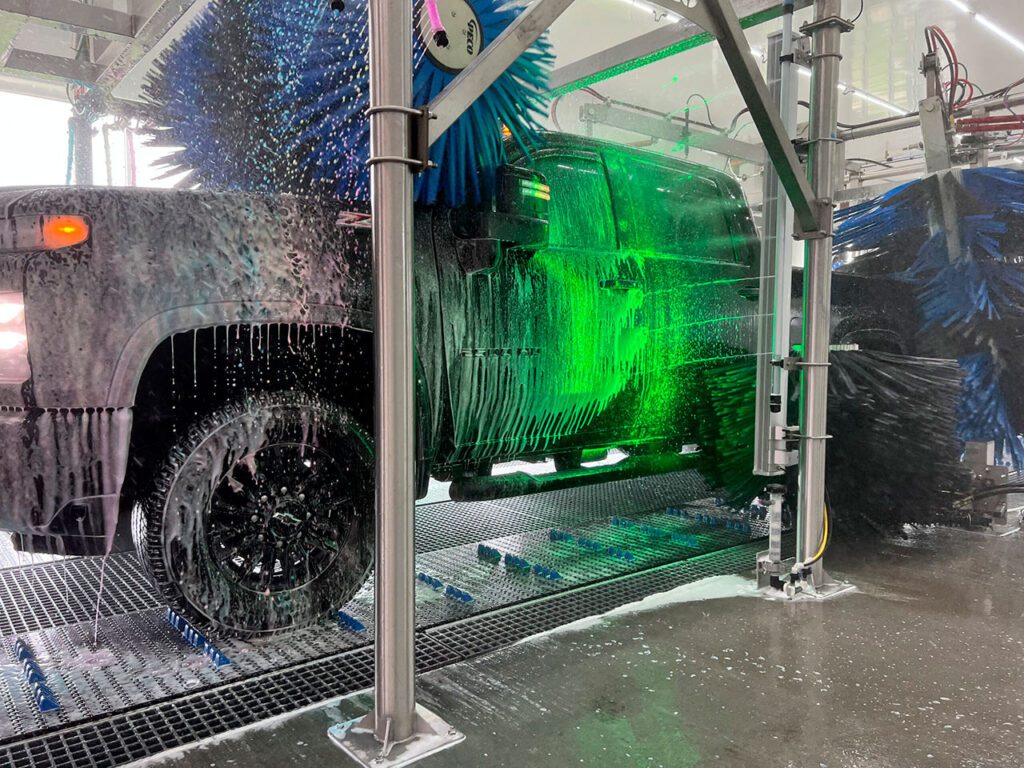
Wash Products
Wash or cleaning products are formulated specifically to tackle heavy-duty soils, grime and stubborn residues on vehicle surfaces. These products are the foundation of a successful wash, ensuring vehicles are thoroughly prepared for the final wax finish.
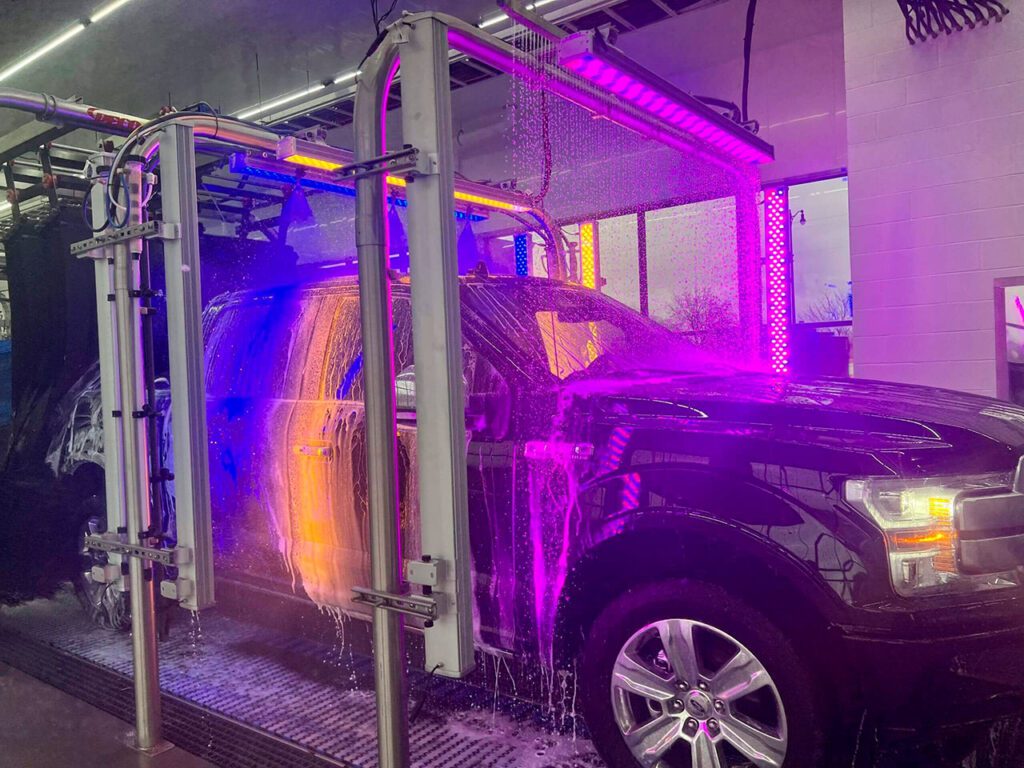
Wax Products
Wax or finishing products play a crucial role in delivering a polished, protected and visually appealing vehicle surface. These products enhance shine, provide lasting protection, and improve water beading for a superior finish. Often offered as a premium or a la carte service, they not only elevate the customer experience but also drive additional revenue, boosting your bottom line with every wash.
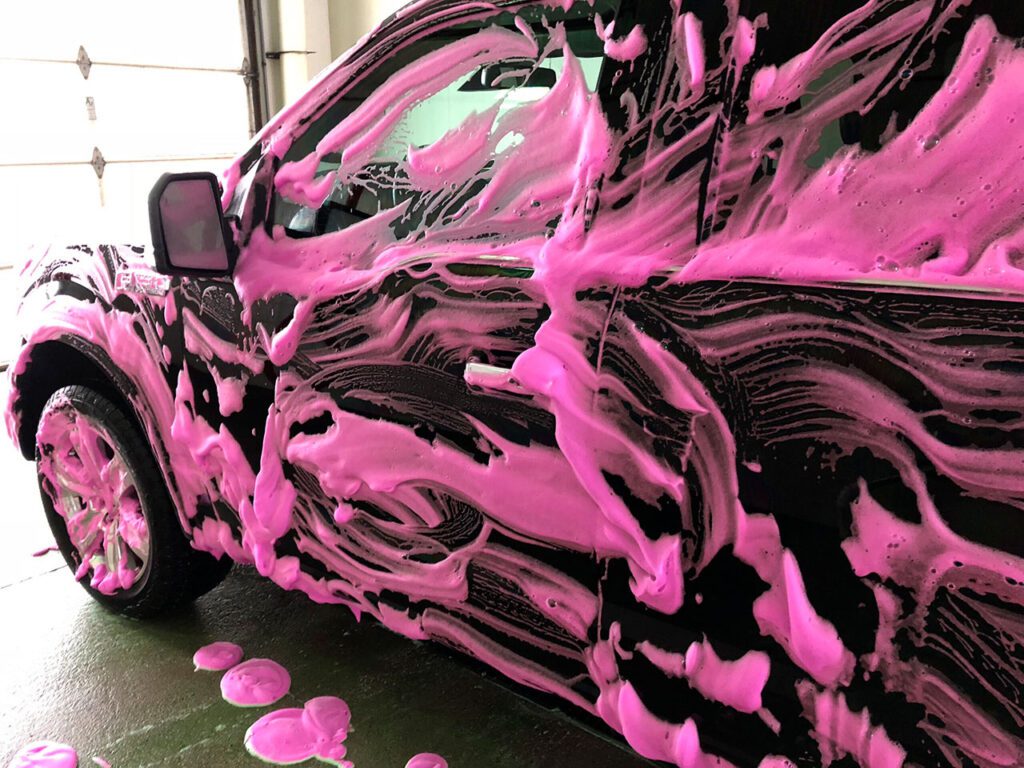
Self-Serve Products
Our Self-Serve products are designed with high-foaming properties, vibrant colors and engaging fragrances. These features make it easy for customers to identify application changes, enjoy an interactive wash experience, and achieve a satisfying result every time.
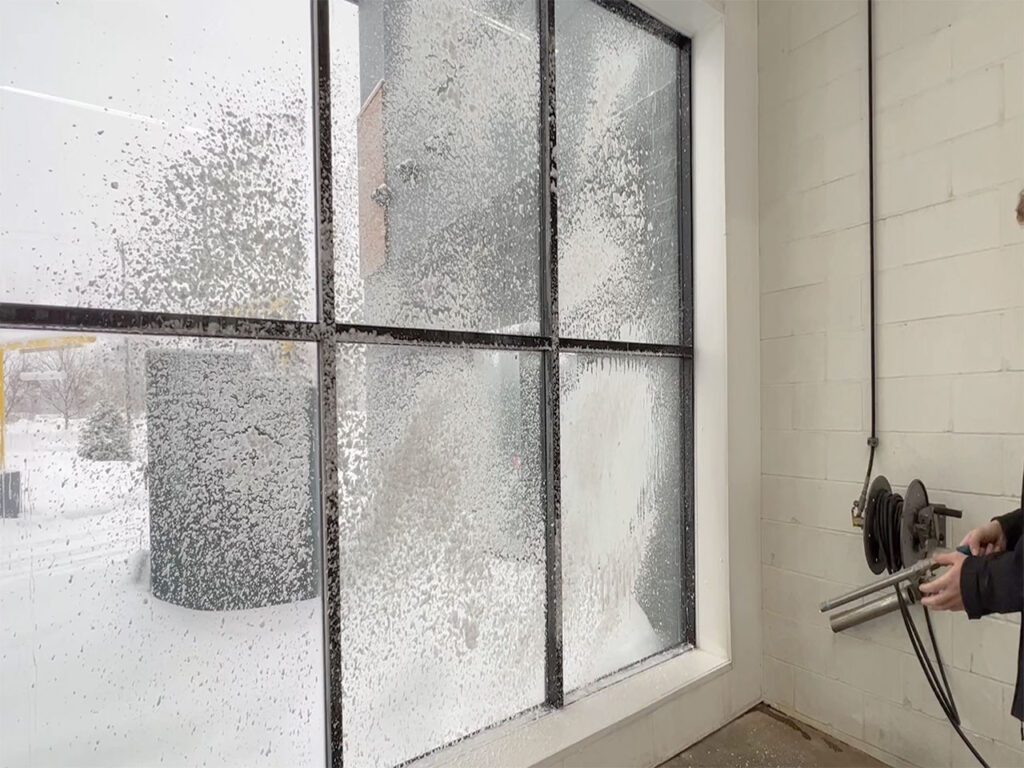
Other Car Wash Products
Ver-tech Labs’ chemistry goes beyond the vehicle exterior, offering a range of interior cleaners, facility maintenance solutions, and industrial-grade cleaning products. From spotless interiors to well-maintained facilities, our products deliver reliable performance and efficiency.
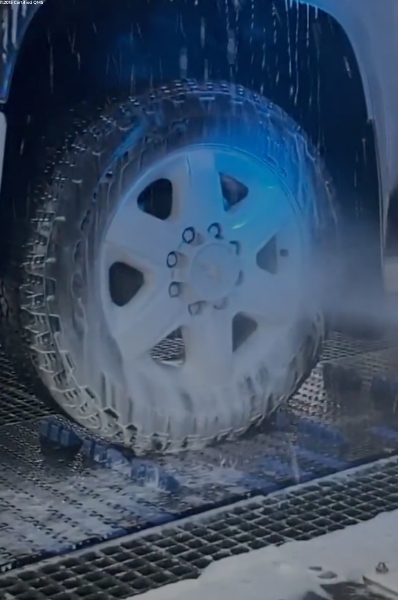
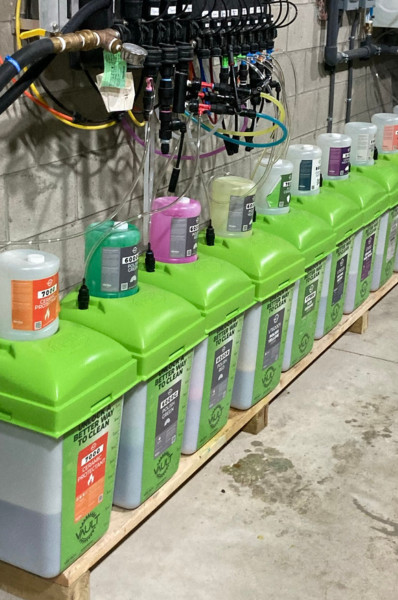
Quality, Innovation, and Performance You Can Trust
At Ver-tech Labs, quality is at the core of everything we do. Our products are manufactured under ISO 9001:2015 QMS standards, ensuring consistent, high-quality solutions that deliver exceptional results every time.
Our advanced reclaim compatible chemistry is designed not only to provide a superior wash but also optimize performance throughout your entire facility. From cleaner reclaim systems and reduced maintenance to water-saving benefits, our chemistry supports efficient operations at every level.
With nationwide distribution, responsive customer support and tailored product recommendations we’re committed to helping you achieve the best results for your carwash. Whether you purchase directly through Ver-tech Labs or via our trusted distributor network we’re here to support your success.
Explore our products and if you don’t come across something you are looking for please contact us directly for more information at 877-866-9742 or information@ver-techlabs.com.
Looking for a brochure – visit our resources page and download today.
